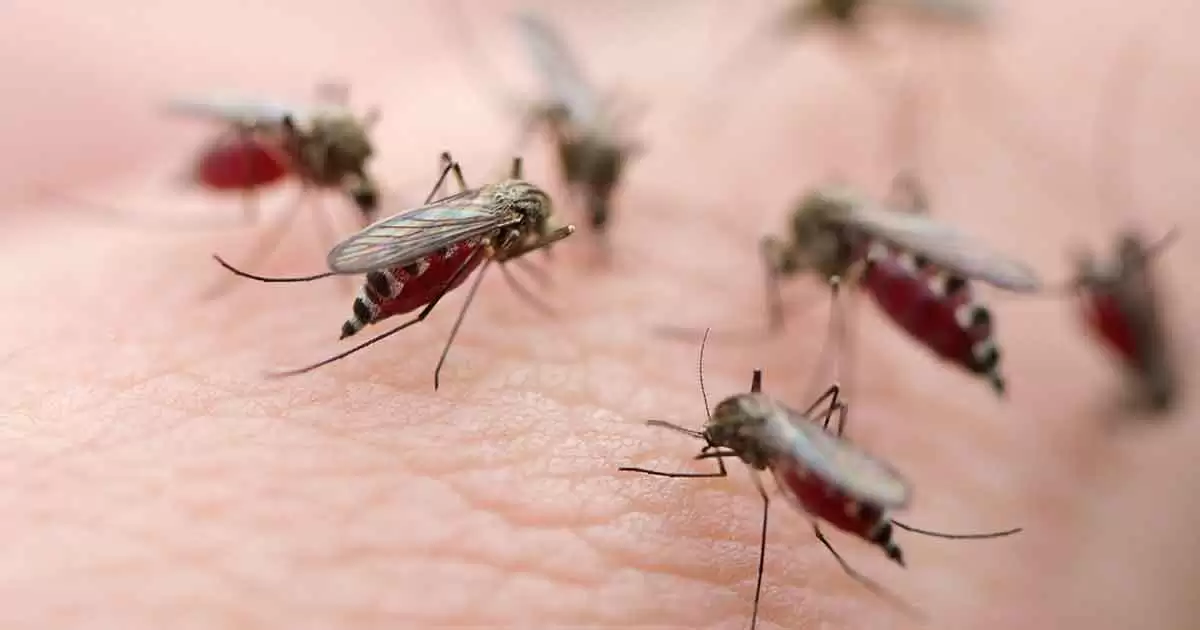
Living In The Hub (of the universe)
Home > Health Info > Health Articles

As part of my duties I get a print out of the number of international in-patients in the hospital each day. There are some very interesting statistics from these print outs. On the day I began writing this there were patients from Iceland, Israel, Kazakhstan, Uganda, Myanmar, Azerbaijan and Czechoslovakia. That is in addition to our usual polyglot group of Swedes, Dutch, Germans, Norwegians, French, Swiss, Australians, Russians, Canadians, Finns, Austrians, Belgians, Danes, Chinese, Americans, Irish, British, Italians, Kuwaitis, Filipinos, Koreans, Armenians and Japanese. Don’t bother counting, I’ve done it for you – 30 different nationalities!
Now Thailand likes to consider itself the “hub” of just about everything, so perhaps we should add “Thailand, The Hub of Internationality!”
Of course, ‘internationality’ does have its own string of attendant problems, not the least of which is ‘communication’. In the practice of Medicine, the need for communication goes both ways – the patient needs the doctor to understand what is being imparted to him/her, and the doctor needs to know that the patient has understood the diagnosis and its treatment. When both the patient and the doctor are having to communicate with each other in a ‘foreign’ language, that’s a pretty big ask! You can see now just how easy it is for communication breakdowns.
Unfortunately, that lack of mutual understanding can still occur when patient and doctor both speak the same native language! The biggest complaint by patients in Australia, for example, is that after their consultation the Australian patient leaves the clinic with no understanding of what the Australian doctor was actually talking about. (Though these days the Aussie doctor is probably Indian.)
So what can you do, as the medical consumer? First, don’t be afraid to say, “I’m sorry, Doctor, but I don’t understand.” Second, if the lack of communication seems to be a language problem, don’t be afraid to ask for a coordinator from the International Service department who speaks your language to assist you (mind you, we could have a little problem with the Gouindougouba dialect from Burkina Faso)! Having been a doctor for over 40 years, I’m always happy to help you if I can (but remember I can only speak English and Australian).

Share :




